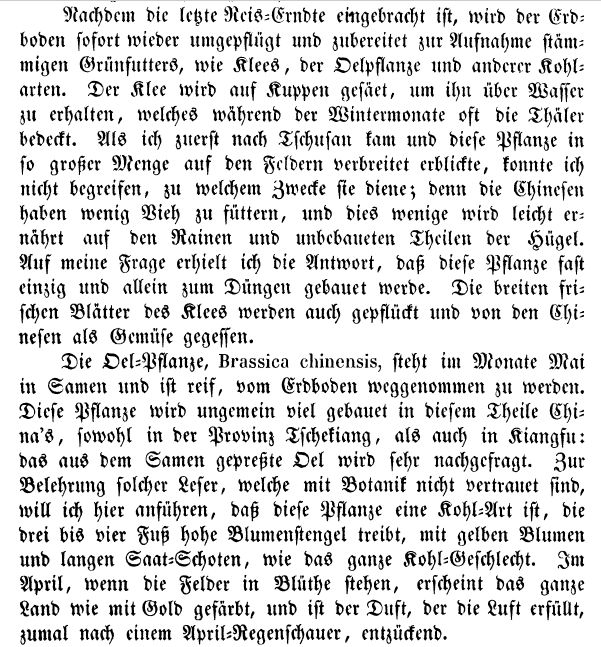I doubt that it is German word (or belongs to another Germanic language). If one reads "Grassicher", one could think that it is a compound of the German words "Gras" and "sicher", but that does not make much sense. However, if an English reader believes it is German, he would perhaps pronounce it like "Grassica".
In your source we can read
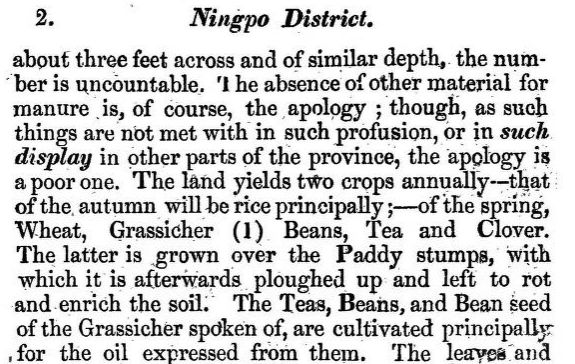
There is an other occurrence on p. 8:
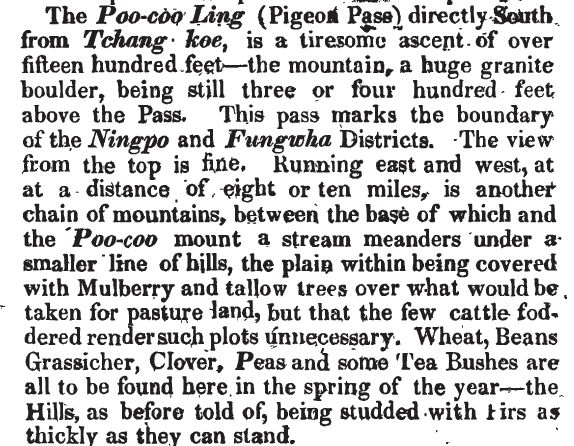
This shows that "Beans Grassicher" or "Grassicher Beans" is the
name of some plant. As you write in your question, Tarrant wants to avoid calling rape by its actual name. I therefore believe, as pointed out in comments and Jan's answer, that Tarrant misspelled the Latin word "Brassica". Whether he really wanted to describe "Brassica napus" (rape) or "Brassica rapa" or something else in this family, remains open. Howewer, in combination with "beans" it is most likely that he meant rape.
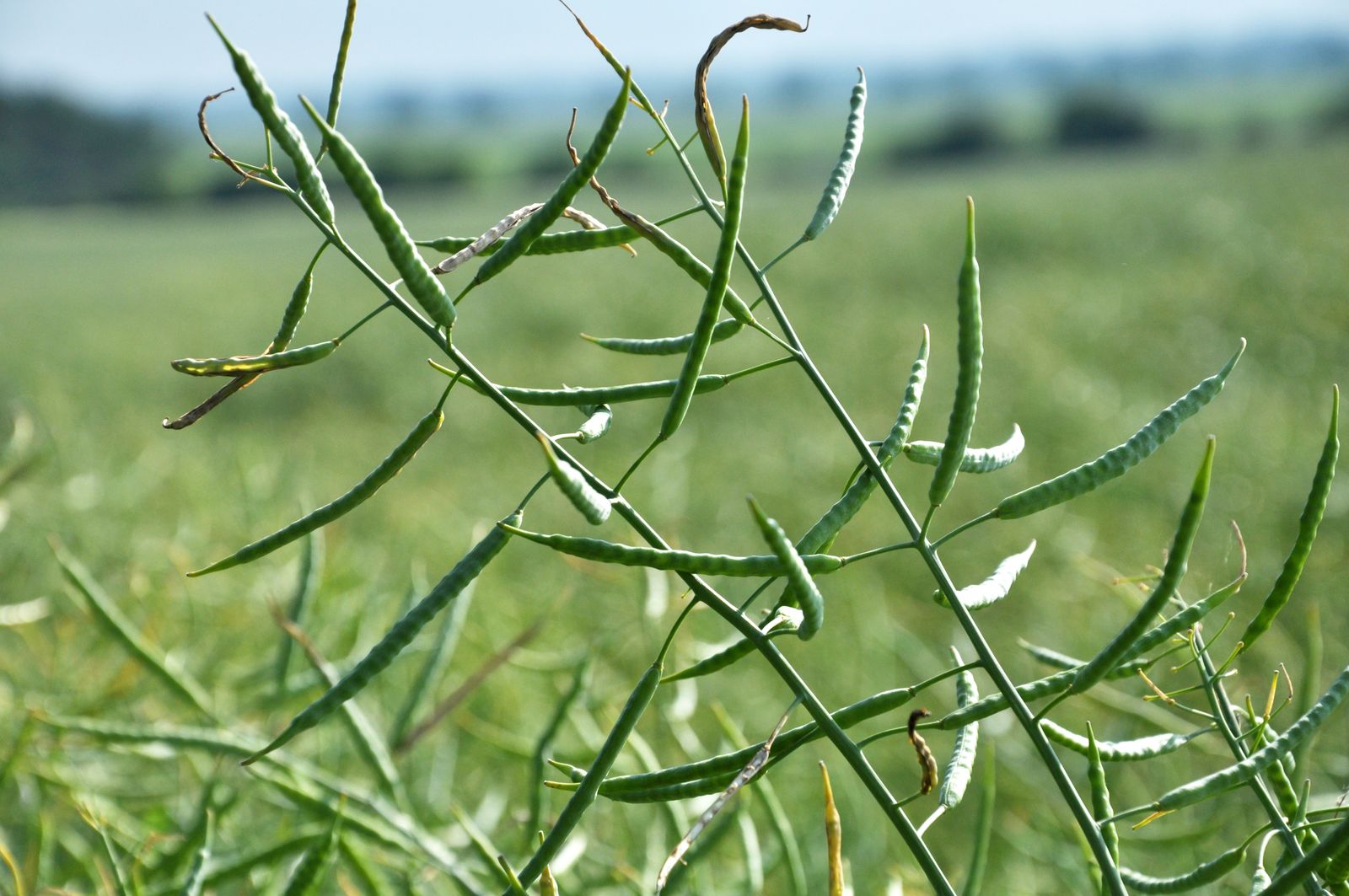
PS. A Google search for "Grassica" yields hits like this and that. This shows that the same misunderstanding still occurs. Moreover, searching for "Krassica" which sounds similar yields a few results like this. The (German) text contains "Brassica", obviously the OCR software did not identify it correctly.
Edited:
rastafile points out in a comment that Tarrant's book contains footnotes, in particular footnote (1) which gives an explanation of "Grassicher":
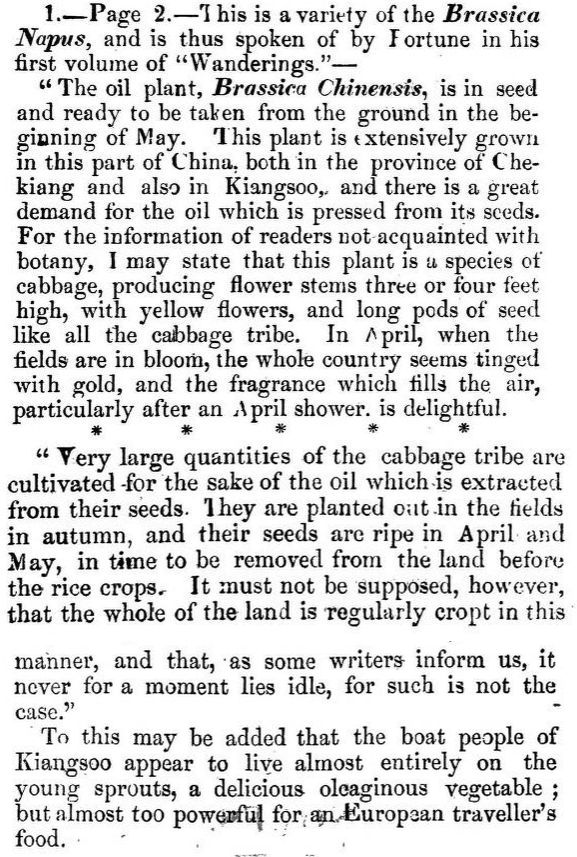
Tarrant refers to Robert Fortune's book "Three years wanderings in the northern provinces of China", see here. It seems that my theory that "Grassicher Beans" is a compound expression for a single plant is false. Probably it is just a missing comma between the two words. In Fortune's book one finds various listings of plants clearly showing this:
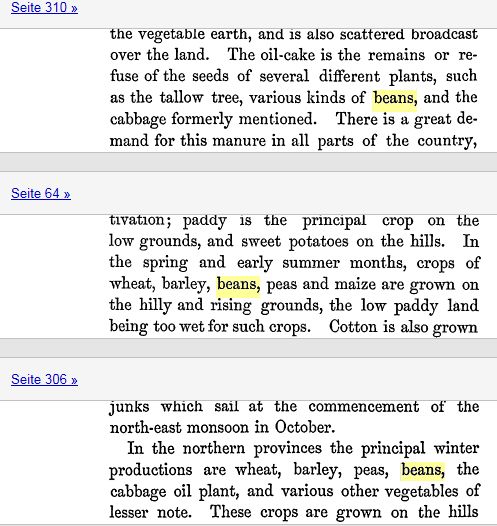
The cabbage oil plant is Brassica chinensis. It would be interesting to clarify whether the German translation of Fortune's book is the source of the strange word "Grassicher".
Edited:
The German translatiuon can be found here. It does not contain the word "Grassicher". See p. 46.
